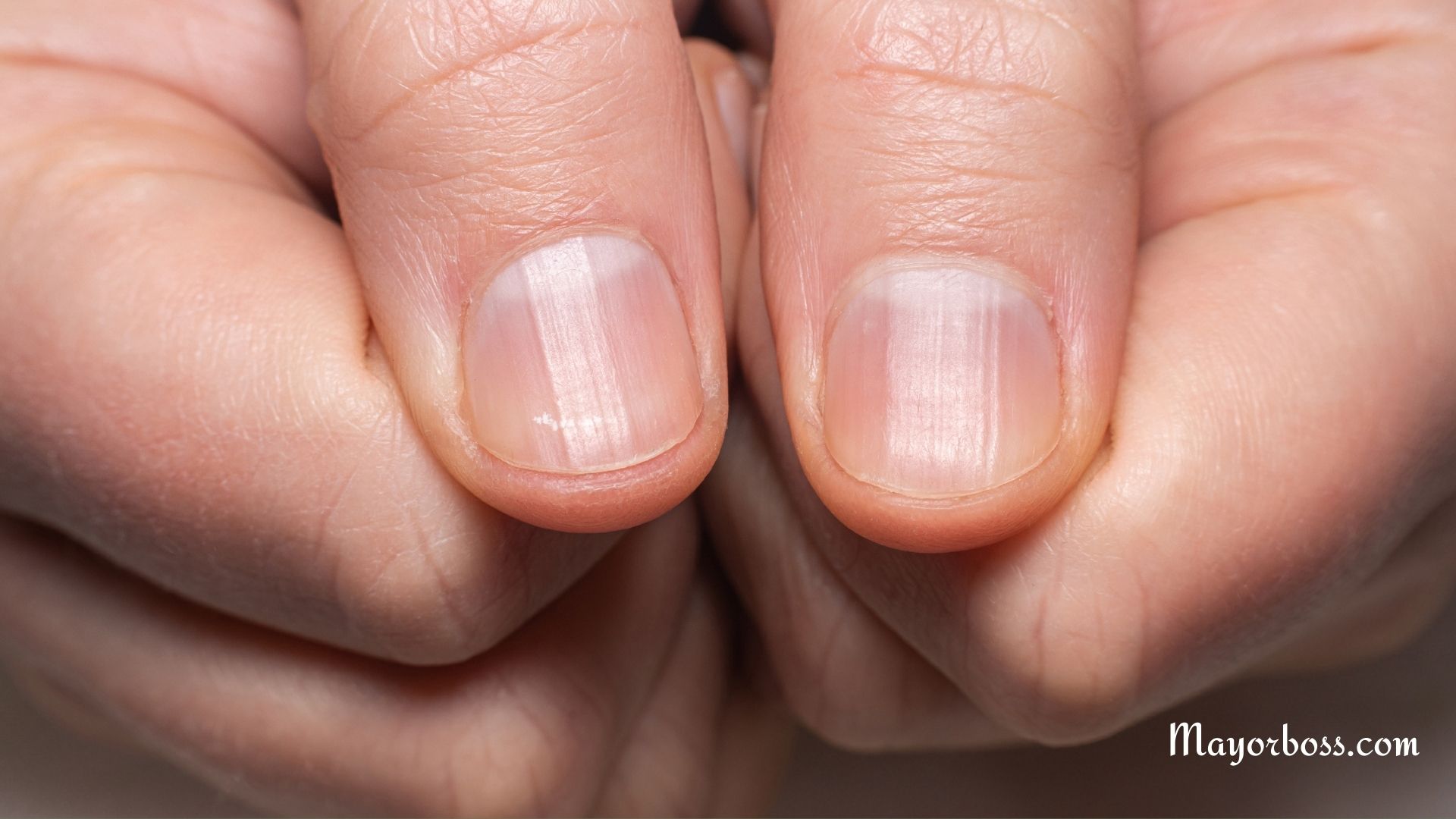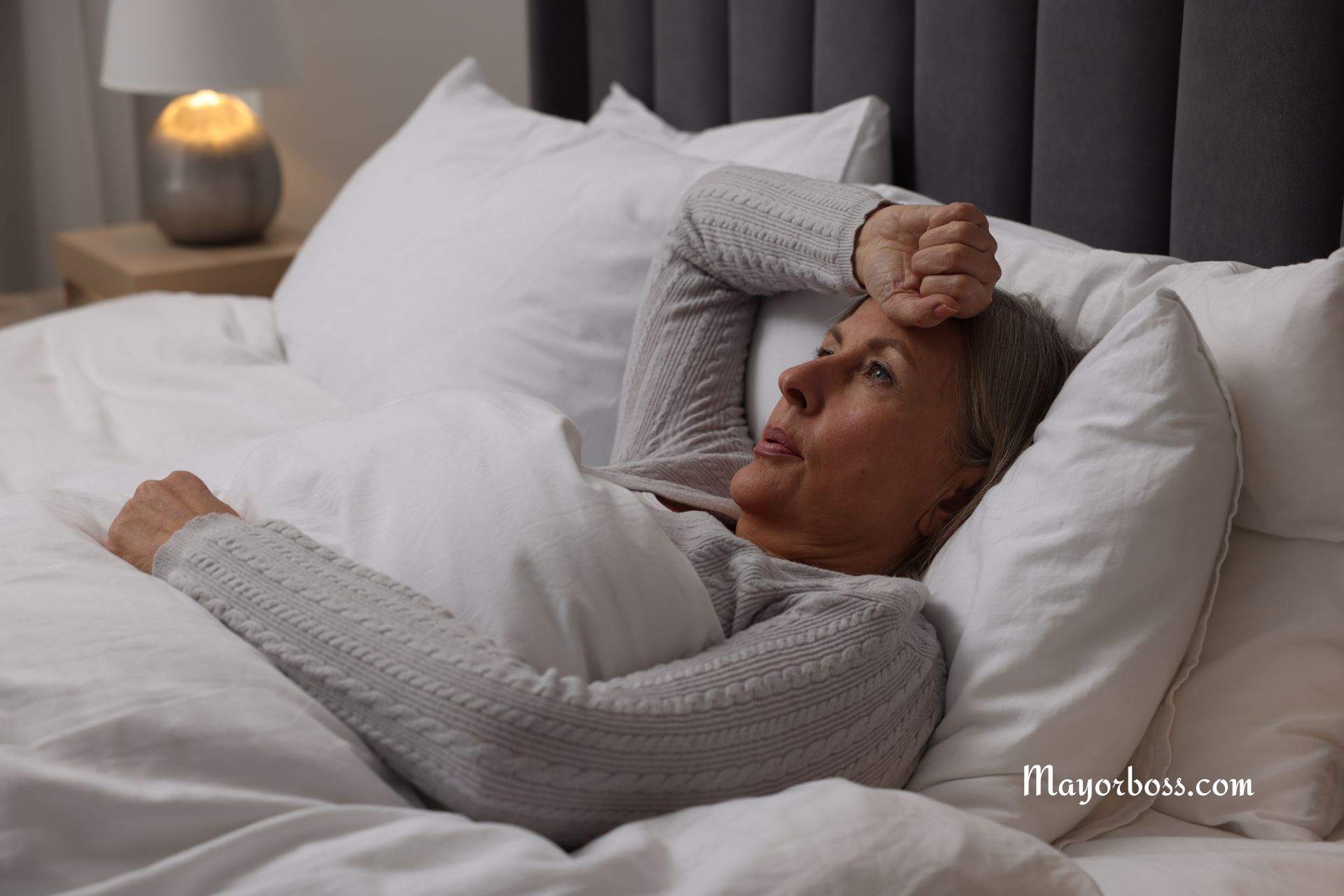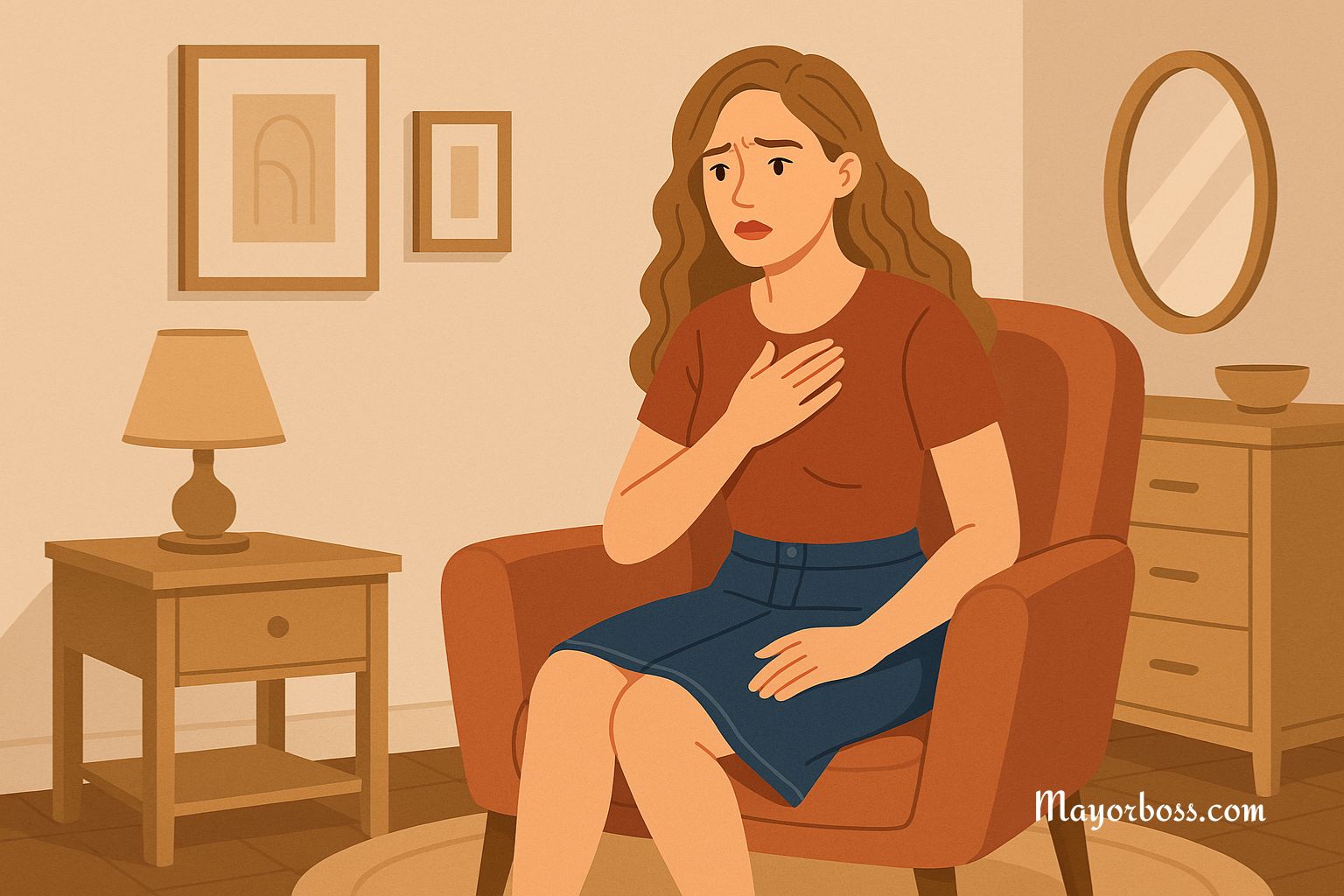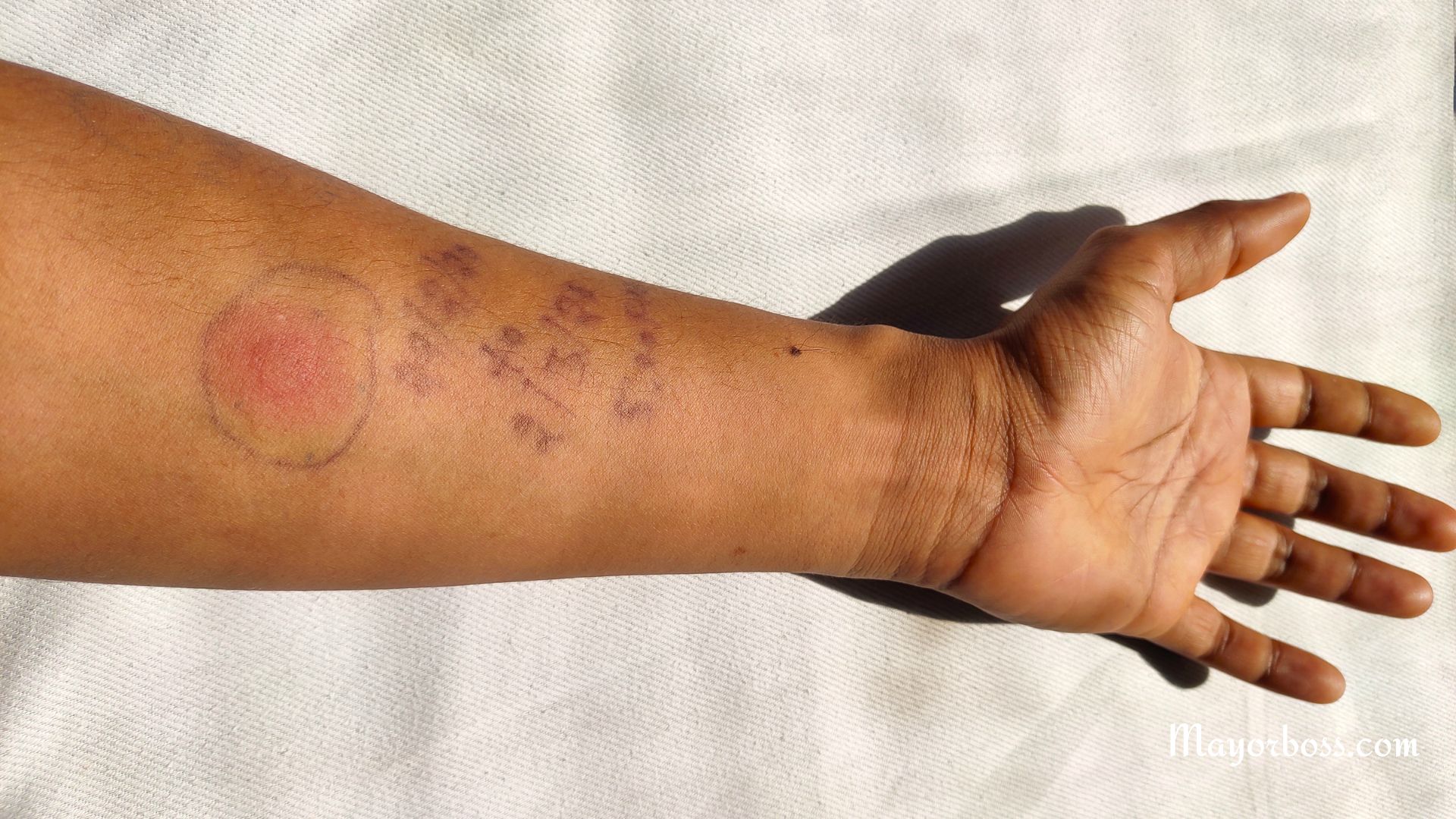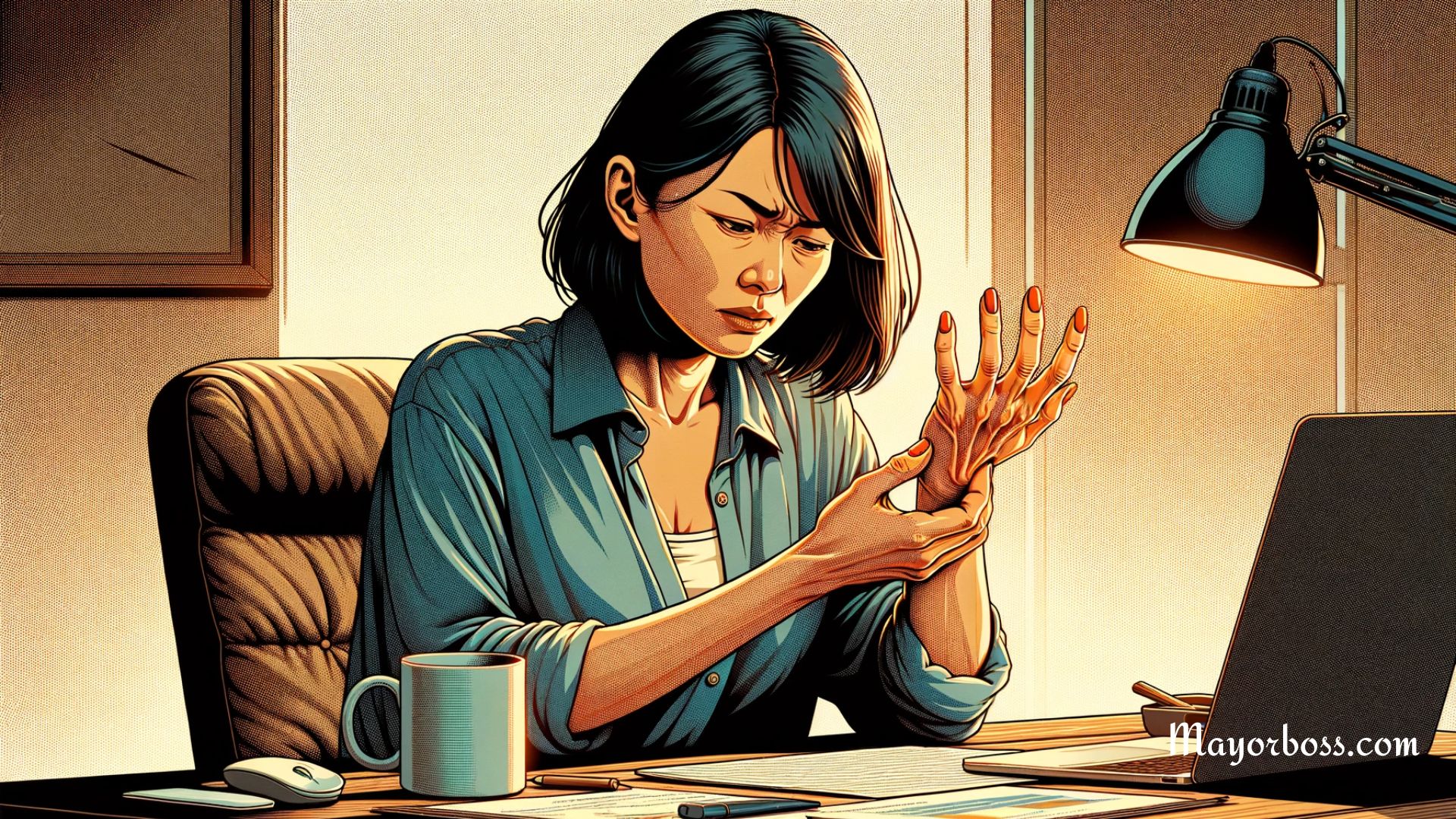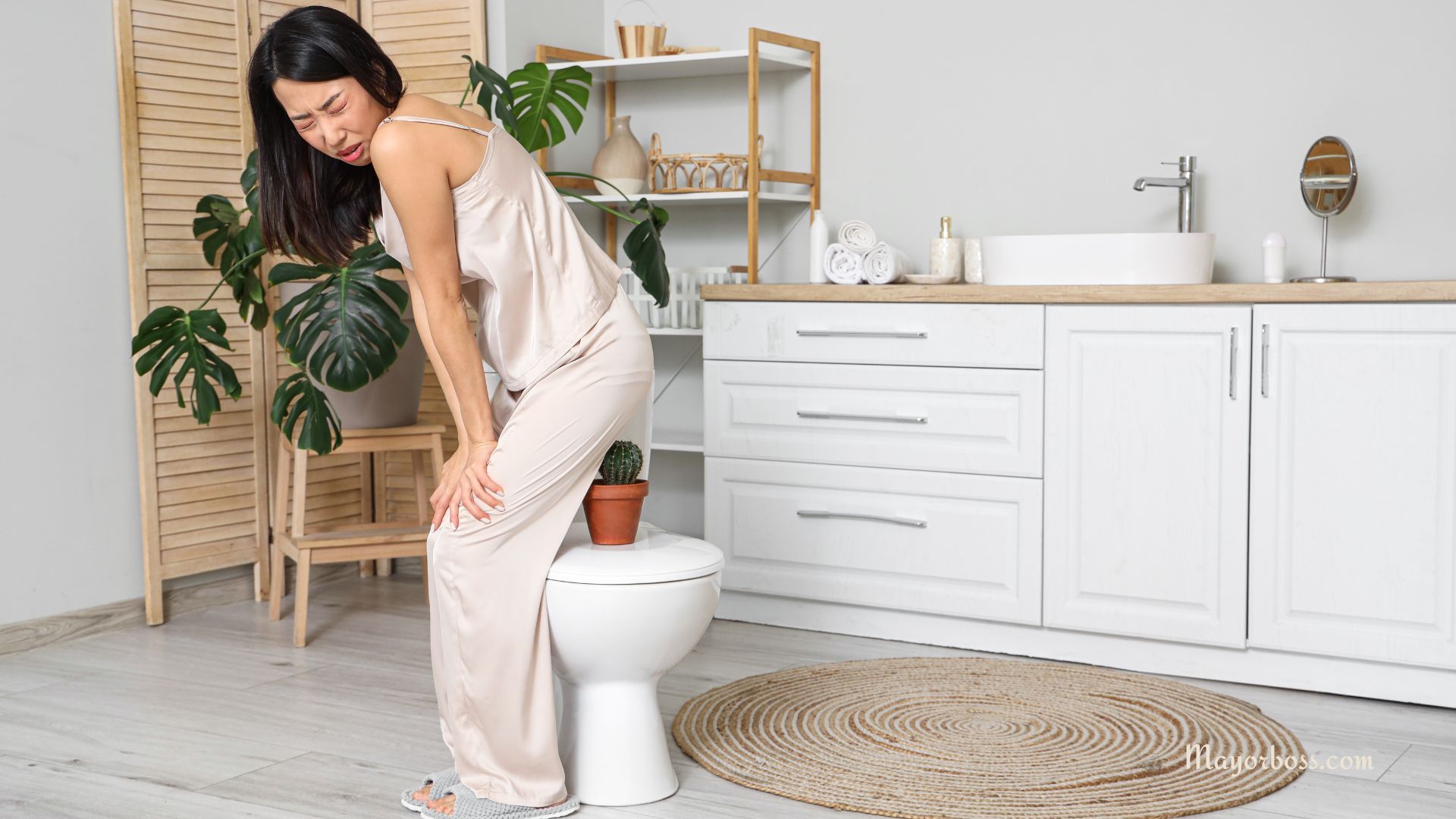What It Means When You Experience Muscle Cramps At Night
Have you ever been jolted awake by a sudden, intense muscle cramp at night? These unexpected muscle spasms, commonly occurring in the legs, can be both painful and disruptive to your sleep. We’ll go over the details of why these cramps happen at night, how you can manage them, and ways to prevent them in the future.

What Causes Muscle Cramps at Night?
Muscle cramps during the night, often referred to as nocturnal leg cramps, can arise from various factors:
- Dehydration: Not drinking enough water during the day may result in muscle cramps at night.
- Poor Blood Circulation: Impaired circulation in your legs can lead to cramps, especially when lying down.
- Nerve Compression: Lumbar spine issues can compress nerves, leading to cramp-like sensations in your legs.
- Cold Temperatures: Muscles can become prone to cramping in colder sleeping environments.
- Inactivity During the Day: Lack of regular muscle use can make them more susceptible to cramping.
- Pregnancy: Pregnant women often experience leg cramps, particularly in the later stages, due to additional weight and pressure.
- Alcohol Consumption: Excessive alcohol use can lead to dehydration and electrolyte imbalances, triggering cramps.
- Stress and Fatigue: High-stress levels and fatigue can lead to muscle tension and spasms.
- Flat Feet or Improper Footwear: These can contribute to leg cramps due to the misalignment and strain on your legs.
- Electrolyte Imbalance: Low levels of minerals like potassium, calcium, or magnesium in your body can trigger cramps.
- Prolonged Sitting or Standing: Remaining in one position for extended periods can contribute to cramping.
- Overexertion of Muscles: Intense exercise, especially without proper stretching, might be causing your night cramps.
- Age: As you age, you may be more prone to muscle cramps due to natural changes in muscle structure.
- Medication Side Effects: Some medications, such as diuretics, can increase the risk of cramps.
- Medical Conditions: Peripheral artery disease, diabetes, and spinal nerve compression are among the conditions that can cause nighttime cramps.
- Hormonal Imbalances: Changes in hormone levels, such as those during menopause, can be linked to increased cramping.
- Idiopathic Causes: Sometimes, the cause of muscle cramps, termed ‘idiopathic,’ is unknown.

Managing and Treating Nighttime Muscle Cramps
When you experience a muscle cramp at night, consider these immediate steps:
- Stretch and Massage: Gently stretching and massaging the affected muscle can provide quick relief.
- Heat Application: Applying a warm towel or heating pad can relax the muscles and ease the pain.
- Hydration: Drinking water can help if dehydration is a factor.
- Epsom Salt Baths: Soaking in a warm bath with Epsom salts can relax your muscles and provide relief from cramps due to the magnesium content.
- Magnesium Supplements: If your diet lacks magnesium, supplements may help prevent cramps, but consult with a healthcare professional before starting any supplement regimen.
- Proper Footwear: During the day, wear supportive shoes to lessen the strain on your leg muscles and prevent cramps.
- Leg Elevation: Elevating your legs can improve circulation, reducing the risk of cramps.
- Relaxation Techniques: Practices like yoga, meditation, or deep breathing exercises can reduce stress and muscle tension, helping to prevent cramps.
- Calcium-Rich Diet: Adequate calcium intake is important for muscle function. Include calcium-rich foods like dairy products, leafy greens, and fortified foods in your diet.
- Avoid Heavy Meals Before Bed: Eating a large meal just before sleeping can cause discomfort and increase the likelihood of cramps.
- Control Blood Sugar Levels: If you have diabetes, maintaining stable blood sugar levels can help prevent cramps.
- Topical Creams and Ointments: Over-the-counter creams containing menthol or other soothing agents can provide temporary relief from muscle cramps.
Preventing Nighttime Muscle Cramps
To reduce the frequency of these cramps, you can:
- Stay Hydrated: Ensure you’re drinking enough fluids throughout the day.
- Maintain Electrolyte Balance: Include foods rich in potassium, calcium, and magnesium in your diet.
- Regular Exercise: Engage in regular, moderate exercise to keep muscles toned.
- Proper Stretching: Stretch your muscles, especially before bed, to prevent cramping.
- Comfortable Sleeping Position: Find a sleeping position that doesn’t put strain on your legs.
- Avoid Prolonged Inactivity: Take breaks to stretch if you sit or stand for long periods.
When to Seek Medical Attention
While most nighttime muscle cramps are benign, certain situations warrant medical consultation:
When to Seek Medical Attention
While most nighttime muscle cramps are benign, certain situations warrant medical consultation:
- Persistent Frequency: If cramps happen frequently and disrupt your sleep regularly.
- Severe Discomfort: If the pain is unbearable or significantly impacts your quality of life.
- Associated Symptoms: If cramps are accompanied by symptoms like swelling, redness, or skin changes.
- Underlying Health Conditions: People with existing medical conditions like diabetes, peripheral artery disease, or thyroid disorders should consult their doctor if they experience frequent cramps.
Frequently Asked Questions
Can a vitamin deficiency cause muscle cramps at night?
Yes, deficiencies in certain vitamins, particularly B vitamins, can contribute to muscle cramps.
Should I see a doctor for occasional night cramps?
Occasional cramps are usually not a cause for concern. However, if they are frequent, severe, or accompanied by other symptoms, consult a healthcare professional.
Can certain exercises prevent nighttime muscle cramps?
Yes, exercises that focus on leg muscles, such as light stretching or yoga, can help prevent these cramps.

